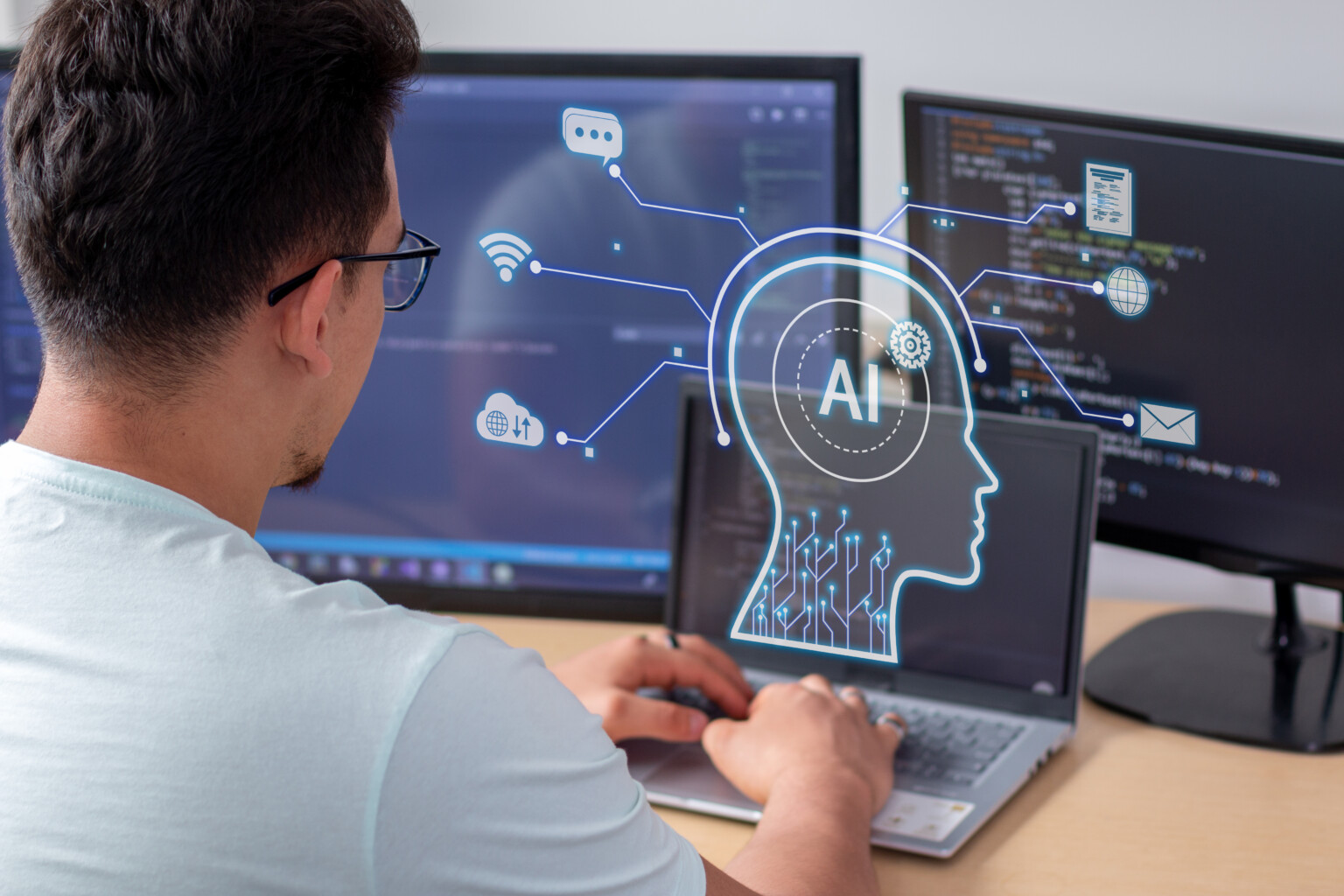Many recruiters can imagine using AI to create job postings as well as in the pre-selection of applicants[1] in order to save resources. However, the use of artificial intelligence in recruiting is controversial and involves a number of risks. In this article, you will learn exactly what these dangers are and why they are reasons to hold off on the large-scale use of AI in recruiting – at least for the moment.
1. Lack of Transparency
Although advancements in the field of artificial intelligence in recent years are impressive, there is still one severe issue with AI that prevents it from being used on a large scale in recruiting: a lack of transparency. Even if the AI can make decisions correctly (for example, answering the calculation 1+1= with 2), the question still remains as to how the AI arrives at this result. Between input and output, there is a “black box” for humans (as well as the programmers of the AI). We see what data is fed into the system and what the final result is, but we cannot see or understand the decision-making process. In the context of recruiting, this means that we can see which CVs and the corresponding job advertisements are available to the AI and receive a selection of suitable applicants, but we do not know why other applicants were excluded by the AI.
This lack of transparency can become a problem, especially when it comes to sensitive topics such as recruitment. Not only within the company, but also in communication with applicants, a lack of reasoning for the decision against an applicant can, in the worst case, lead to severe (including legal) problems. Therefore, as long as the black box of the AI’s decision-making process has not been illuminated, the AI should only be included in the selection of applicants cautiously.
2. Prejudice And Discrimination
One of the biggest fears about AI’s black box is that discrimination and prejudice will spread unnoticed. For an AI to be able to perform the tasks we assign to it, it must first be trained. In the process, it takes training data as entirely correct and derives rules from it. In line with the principle of “garbage in – garbage out,” the AI may adopt prejudices and stereotypes from training data and reproduce them later.
In an experiment in a court in the USA, for example, an AI was supposed to conclude new trials on the basis of previous verdicts. However, within the earlier verdicts, either defendants were sometimes discriminated against without anyone noticing, or the AI adopted rules that had no legal basis. In subsequent tests, for example, a number of sentences were increased by the AI due to the defendants’ dark skin color[2], leading to the understandable termination of the test.
Not only in the judiciary, but also in recruiting, such discrimination against minorities simply must not happen. The experiment, therefore, shows that AI is not yet mature enough to make fair, comprehensible and non-discriminatory recruiting decisions. Therefore, in this context, it is important to keep our eyes open and continue to monitor progress before AI is used in this step of the recruiting process.
3. Candidate Experience
Although working with AI in recruiting is a positive experience for employees, as it frees up resources for them, the experience can still be negative for applicants. The reason for this is that not all applicants like the idea of AI being involved in the application process. According to a study by the IU Internationale Hochschule, 65.2% said they associate something negative with AI in the application process. 43% are even convinced they are at a disadvantage.[3] If applicants feel these negative emotions during the application process, it can also have a negative impact on the employer brand. In the worst case, applicants attribute a possible negative decision by the company to the AI and rumors about the company can start spreading, which would make recruiting the best talent more difficult.
4. Data Protection
Since the introduction of the GDPR, data protection has been and remains an issue in virtually all areas of business. Especially in talent acquisition, which is very data-heavy and works primarily with sensitive data of the company and applicants, data protection takes on a special significance. It is, therefore, important to note that at the current stage of artificial intelligence, systems are constantly learning with the help of the data they are given. So, before sensitive data is passed on to ChatGPT and Co., companies should seek legal advice to prevent any data protection breaches.
5. Susceptibility to Technical Errors
As with any technology, systems based on artificial intelligence are not error-free. For example, AIs cannot differentiate certain objects or animals in pictures. Although it is relatively easy for the human eye to tell whether a picture is of a Chihuahua or a blueberry muffin, the AI still often comes to the wrong conclusion here. 52.1% of respondents to a study by the International University are also aware of the risk of incorrect coding of the AI.[3] If errors in the AI remain undetected and lead to an unjustified rejection of applicants, this can also result in a negative outcome for the company. Top talent could be rejected instead of being brought into the company.
6. Lack of Human Intuition
Artificial intelligence has the potential to automate certain aspects, such as bureaucratic processes, but it cannot completely replace human intuition and an understanding of subtle social signals. Particularly in customer contact, employees need a sense of interpersonal relationships, which human recruiters are better able to assess in applicants than artificial intelligence. The AI can also only assess the ability to work in a team based on the applicant’s stories, but not whether the applicant will get along well with their future team. This requires the experience of human recruiters.
What Can AI Already Be Used For in Recruiting?
Although AI already offers a great deal of potential for making talent acquisition processes more efficient and effective, there are still a number of pitfalls that need to be minimized or completely eliminated before AI can evaluate job applicants on its own. Rather than completely foregoing the use of AI and its associated benefits now, recruiting teams can save valuable resources, especially in the area of content creation for the company’s online presence. Read our whitepaper “Efficiently Attracting Talent with Artificial Intelligence” to learn:
- How a generative AI like ChatGPT works
- What to consider when creating content with a generative AI
- How to create several days’ worth of social media content in minutes using ChatGPT and Canva
Sources:
1: Statista. (2022). In welcher Form könnten Sie sich den Einsatz von KI im Bewerbungsprozess vorstellen? Accessed on 25 July 2023 from https://de.statista.com/statistik/daten/studie/1318854/umfrage/kuenstliche-intelligenz-im-bewerbungsverfahren-einsatzart/
2: Callahan, M., & Ricciardi, J. (2023). Algorithms Were Supposed to Reduce Bias in Criminal Justice—Do They?. Accessed on 11 August 2023 from https://www.bu.edu/articles/2023/do-algorithms-reduce-bias-in-criminal-justice/
3: IU Internationale Hochschule. (2022). AI IN RECRUITING: EMOTIONS, VIEWS, EXPECTATIONS. Accessed on 11 August 2023 from https://www.iu.de/en/research/
studies/ki-im-recruiting-studie/




















